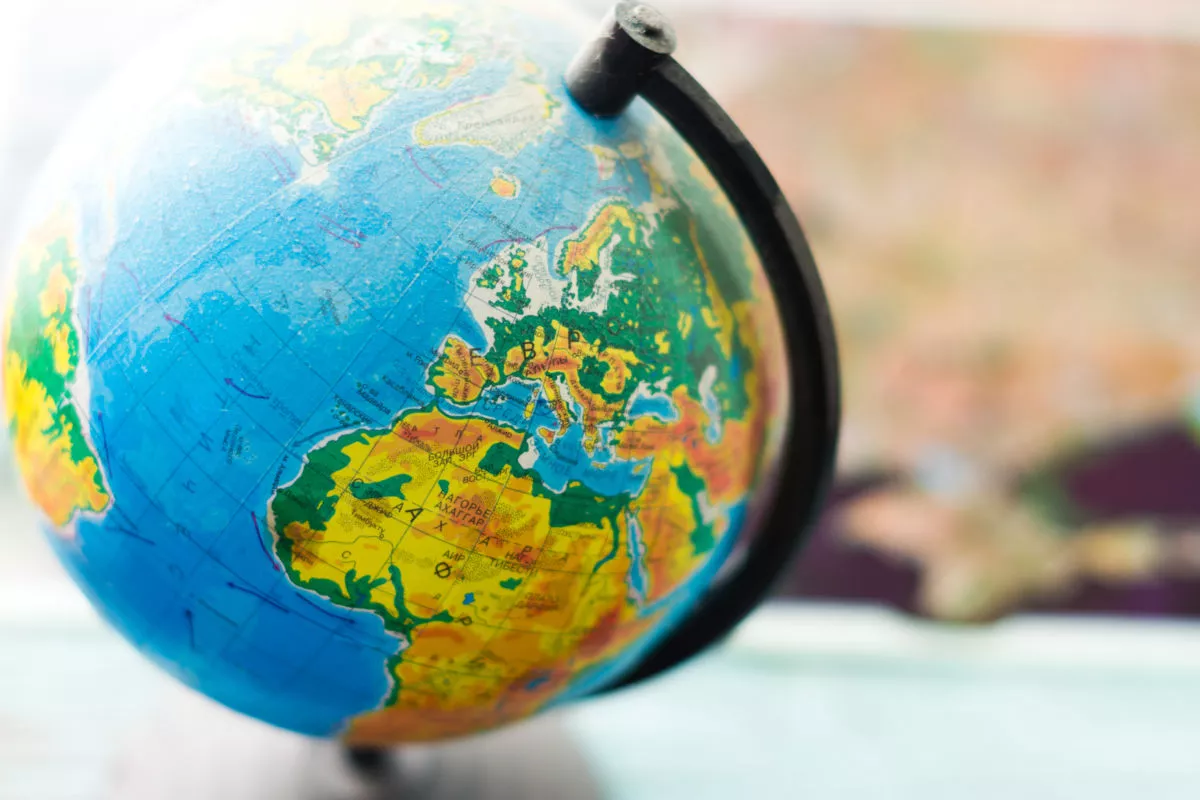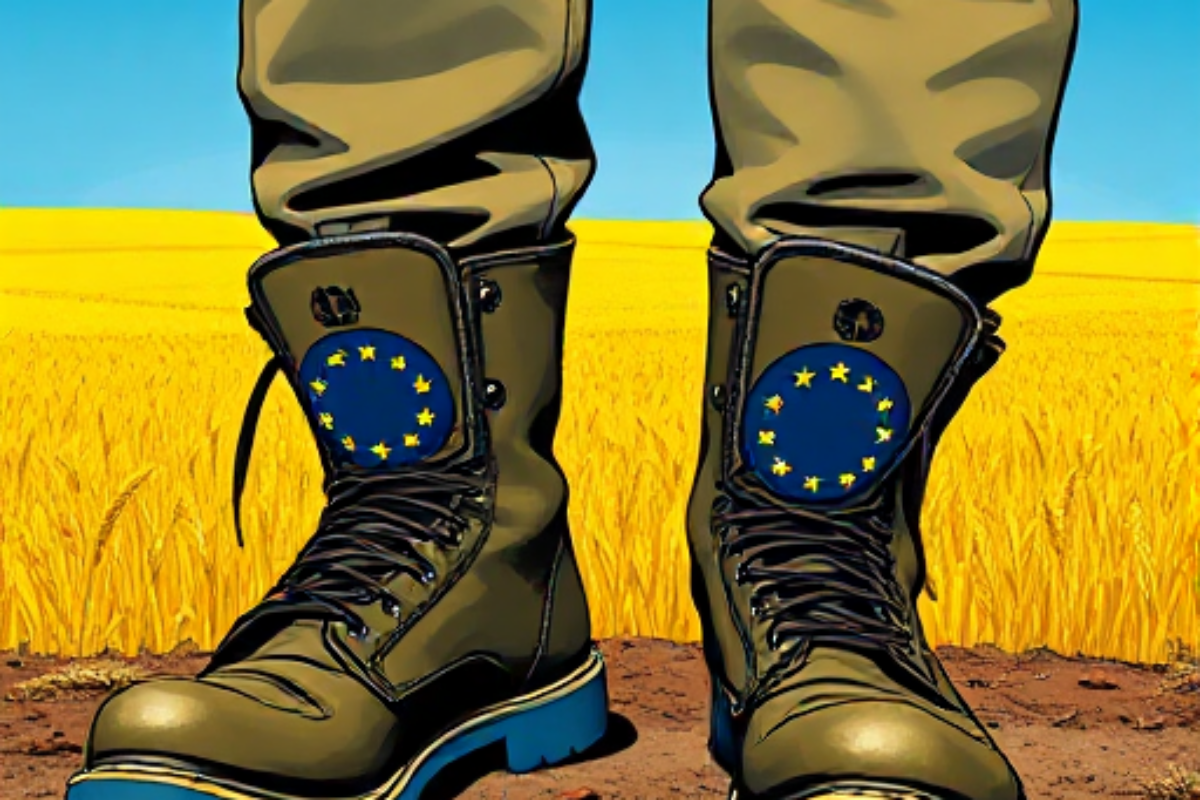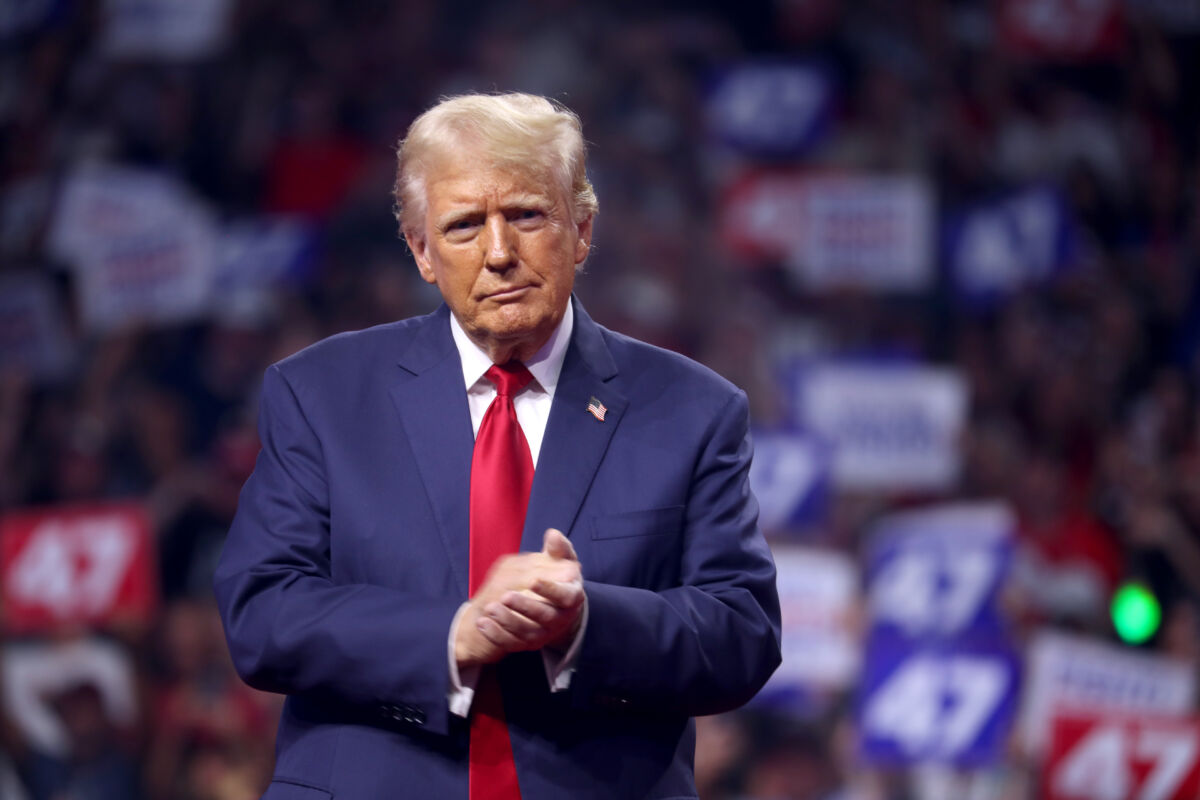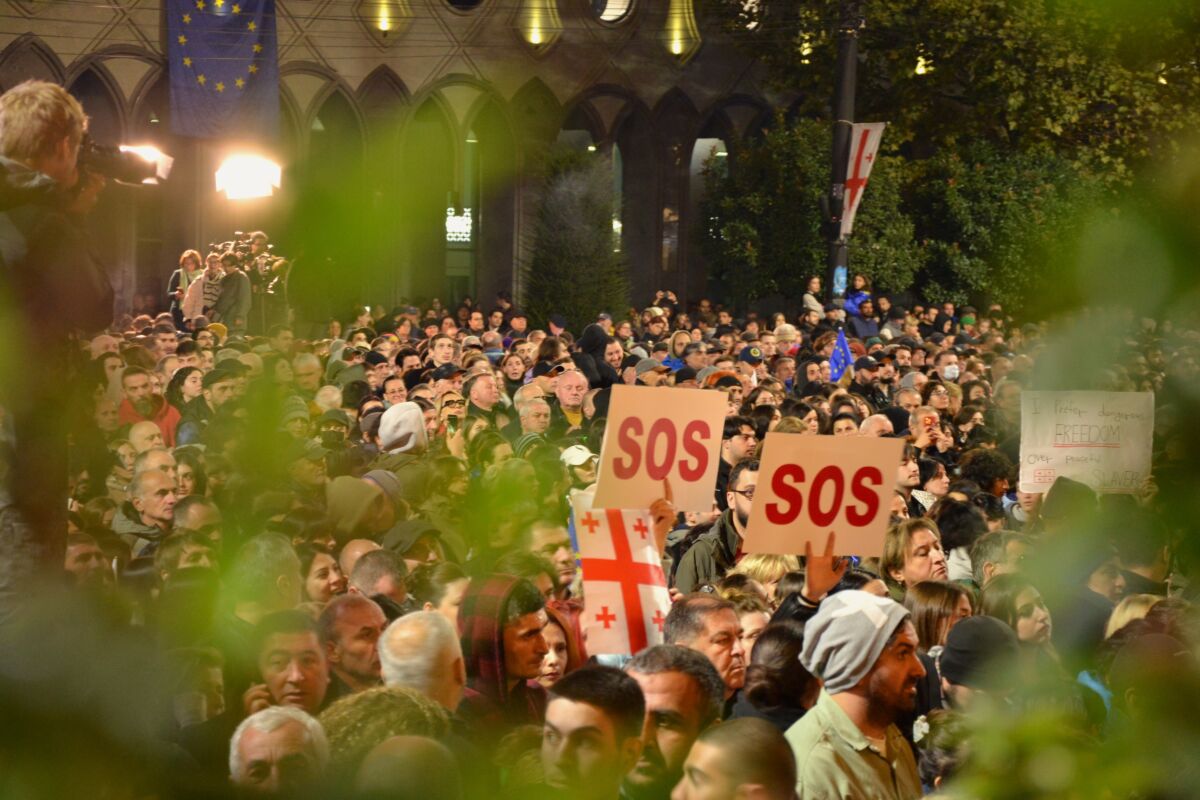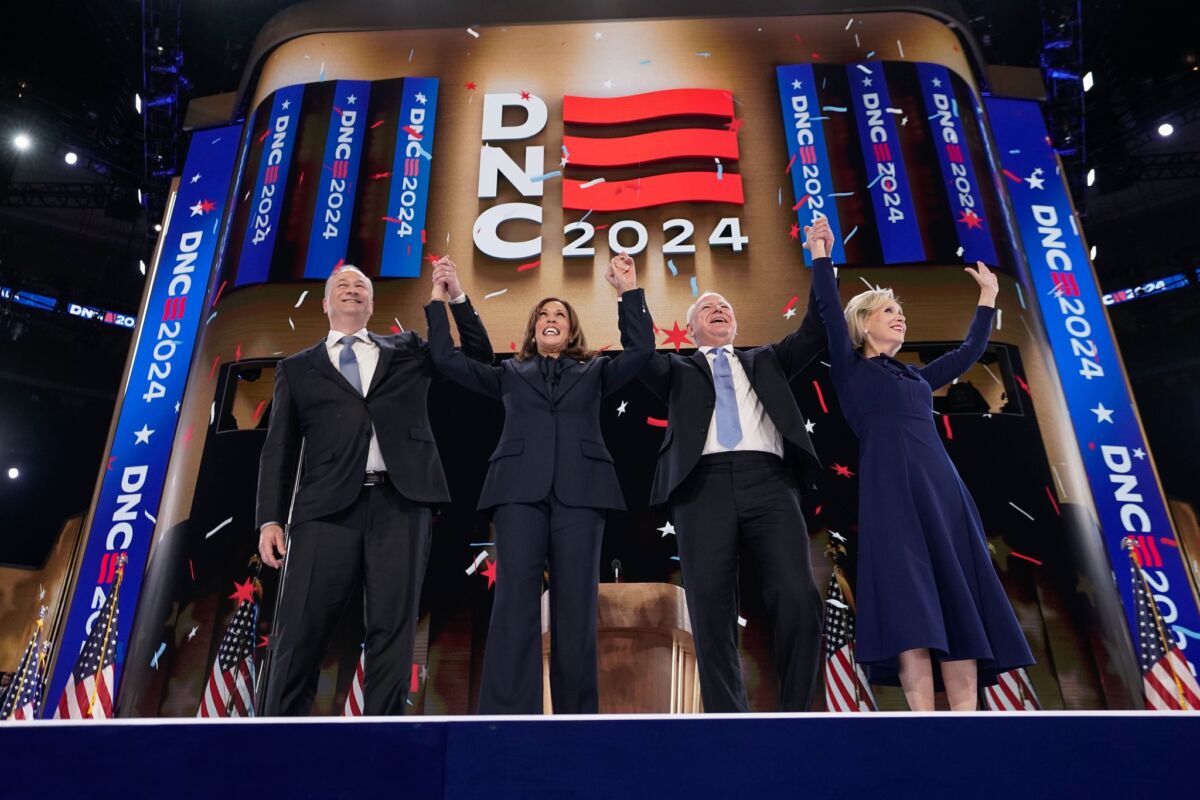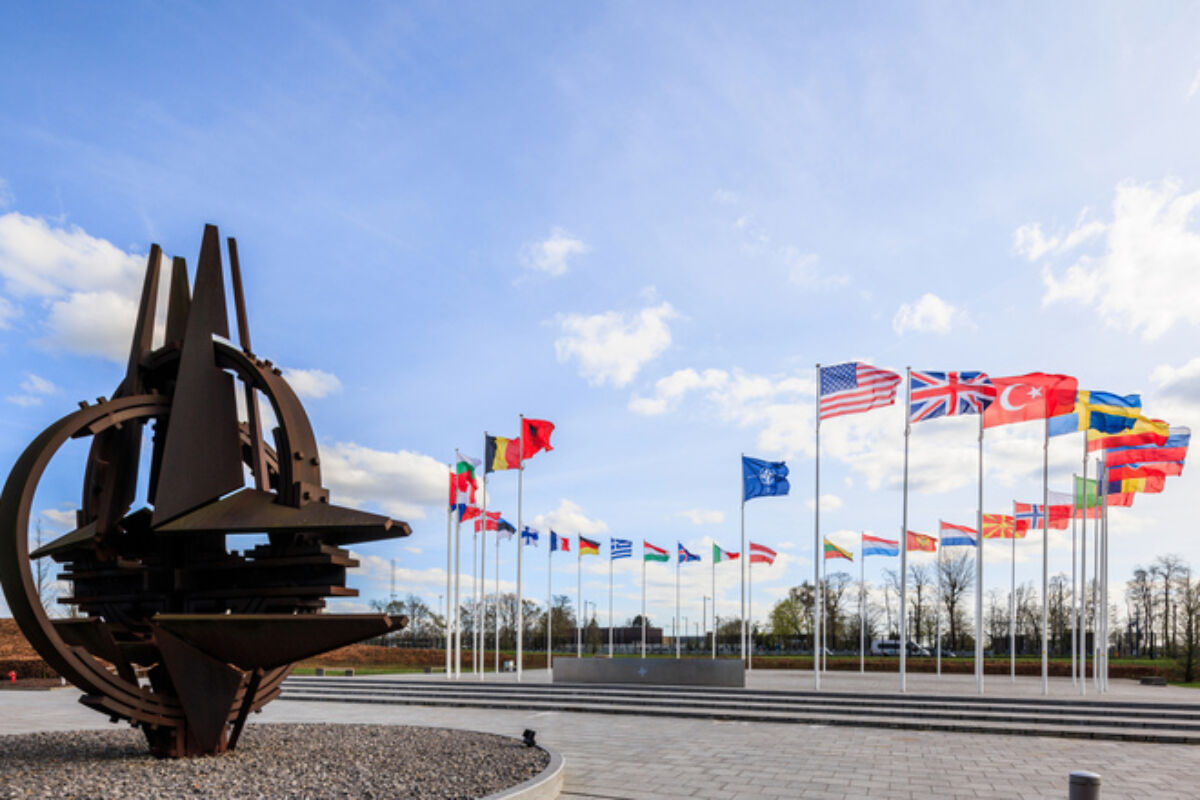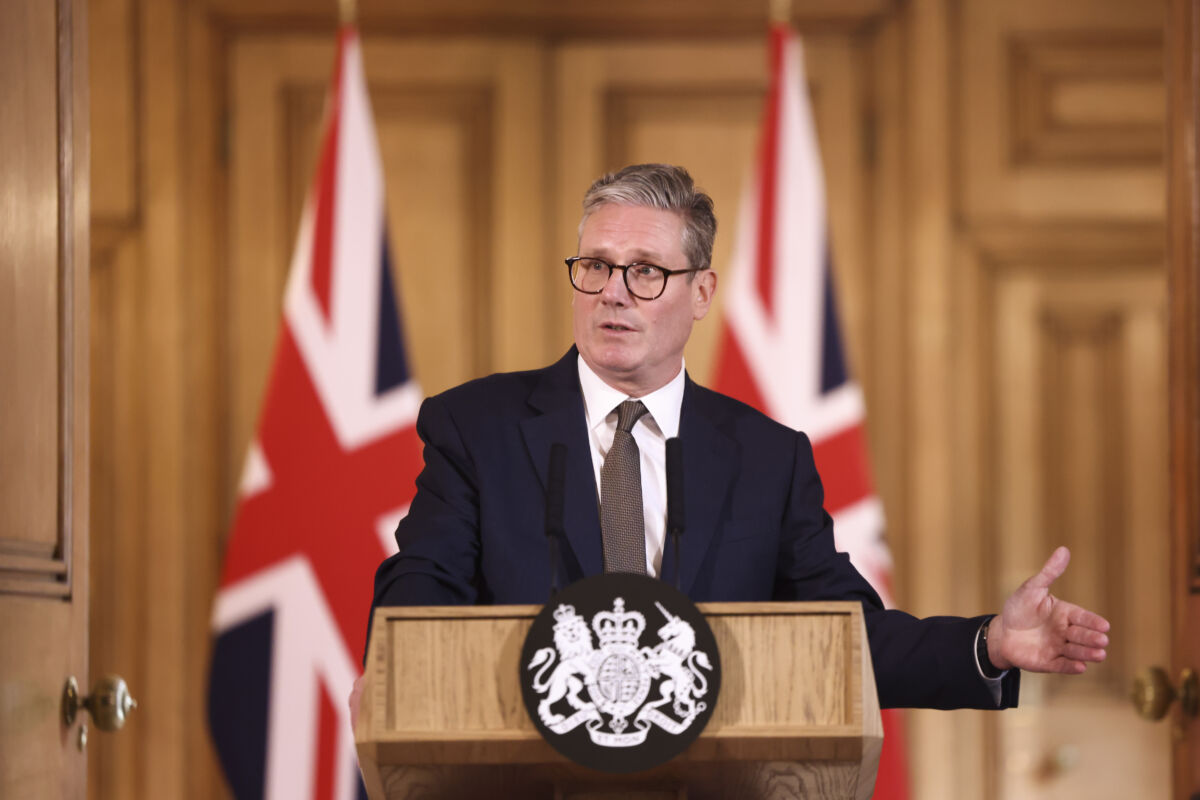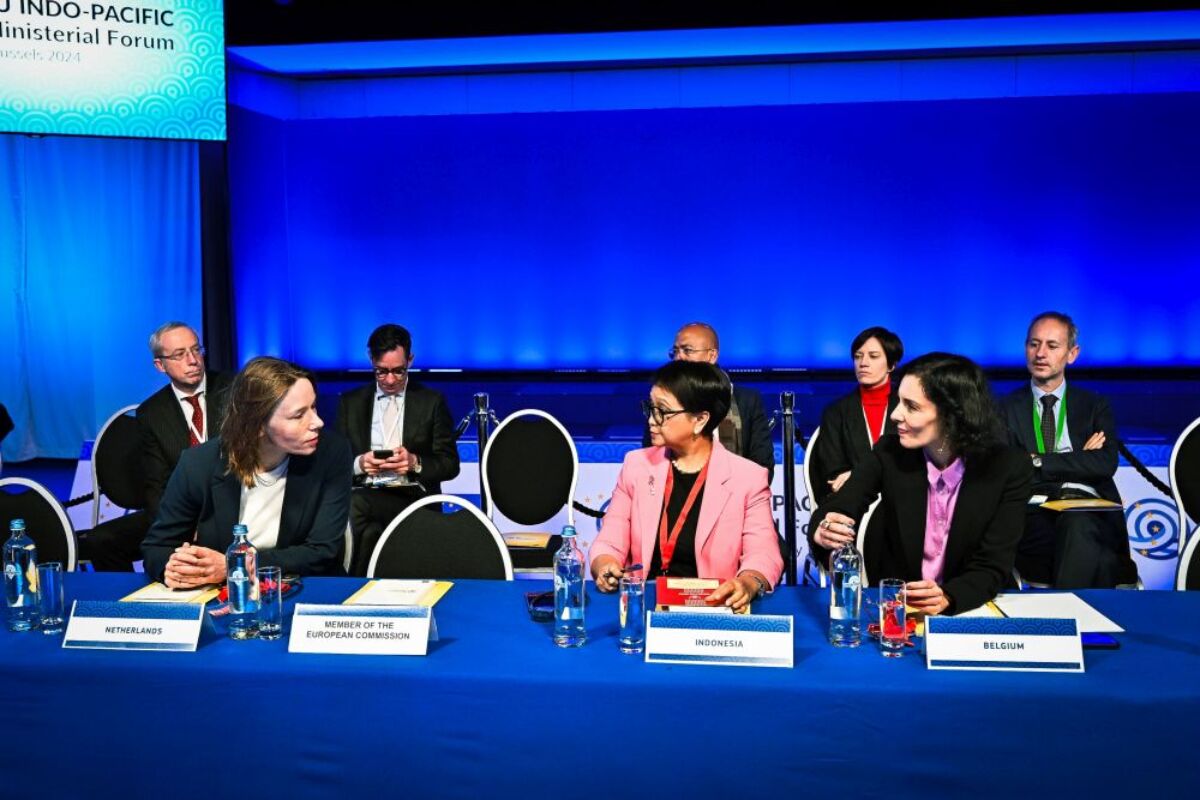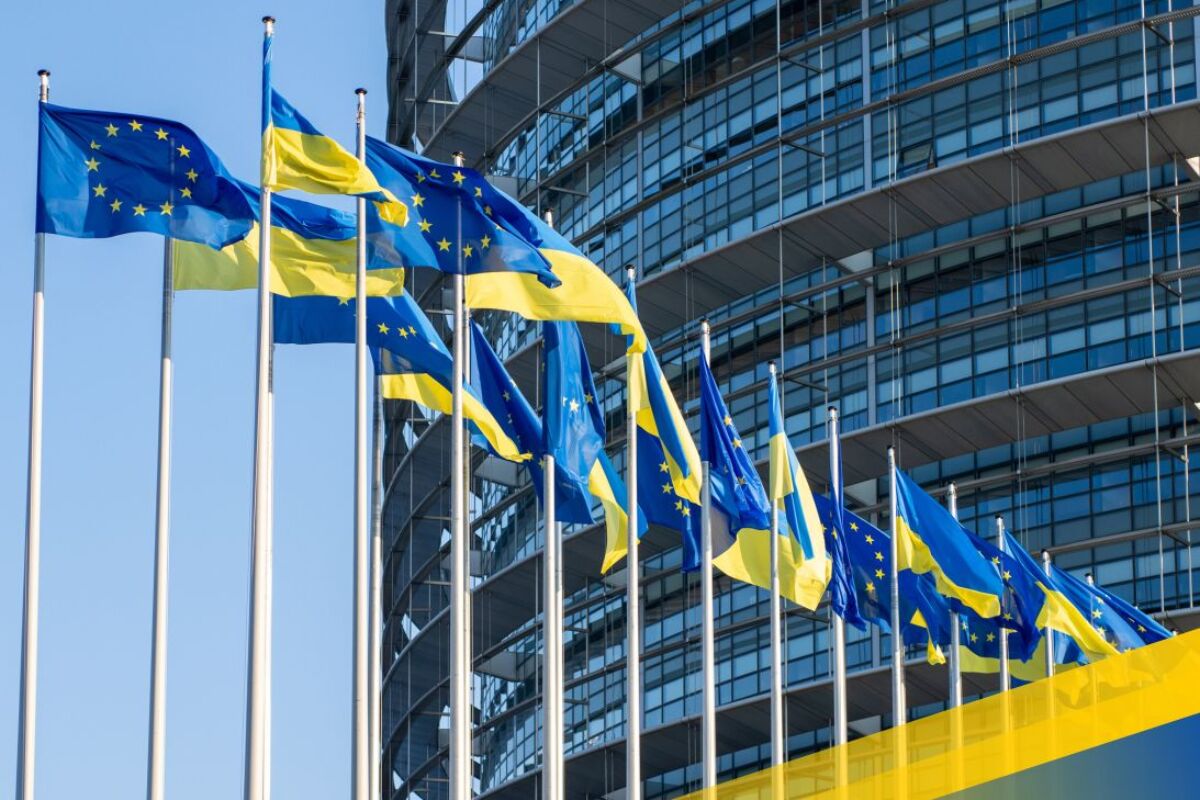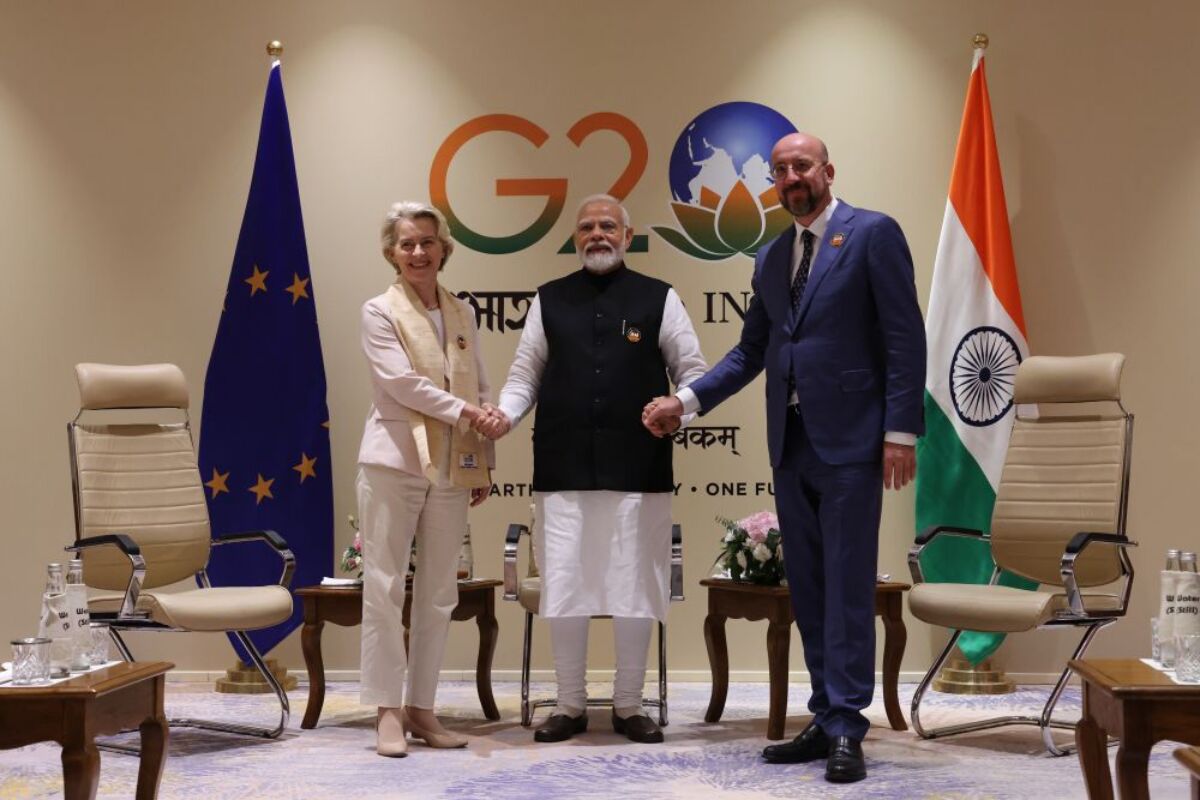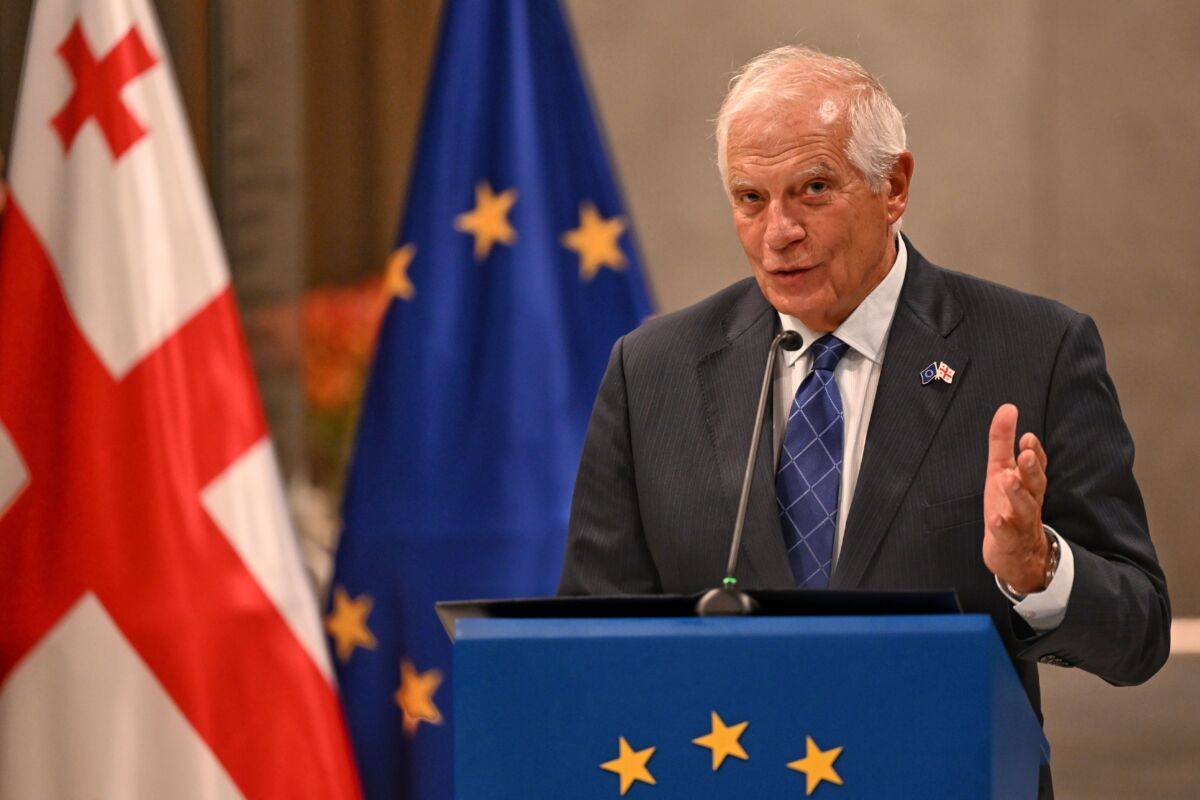It’s the same old story – when push comes to shove, no one wants to pay, especially for sustainability. We want more sustainable practices, production and supply chains but there are few who are willing to actually open their wallets for such a cause.
In the last few weeks several actors have urged the European Commission to delay implementing the EU’s Regulation on Deforestation-free Products (EUDR), including the US. and various industry associations.
Preparations are in full swing for the regulation to come into effect at the end of this year. And as the public sector and industry each experience their own difficulties to ensure they’re ready, there are still unresolved questions over who should pay for the regulation’s additional requirements.
Supply chain regulations aim to prevent companies from using environmental or social malpractices as a competitive advantage. The EUDR specifically targets deforestation driven by agriculture, aimed at minimising the EU’s contribution to deforestation and forest degradation worldwide.
Public debate on the EUDR is marked by controversy. Indonesia and Malaysia have been very vocal in condemning it as a neo-colonial protectionist instrument. Many NGOs, on the other hand, have welcomed the regulation as a way to take responsibility for deforestation from the demand side. Still, this support doesn’t come without concerns and dissatisfaction over the EU’s unilateral approach, smallholder livelihoods, human rights and overall design loopholes.
While these are important elements to consider, one group is conspicuously missing in the whole debate – multinational corporations. And this needs to be rectified if regulations such as the EUDR are to successfully achieve their aims and purpose.
Giants hiding in plain sight
Deforestation is mostly driven by expanding agricultural land to grow commodities like soy, palm oil, rubber, timber, cattle, cocoa or coffee. The growing demand for these products indirectly means that the demand side is responsible for deforestation – a responsibility that is easily dumped on the consumer.
Yet those who should really be held accountable for demand side responsibility are companies systematically involved in environmental malpractices for their competitive advantage. Multinational corporations and big businesses dominate the global value chains of most of the abovementioned commodities. There are corporations that for years have promised to source sustainably and fight environmental degradation but to what effect? Bigger profits and misleading CSR-reports.
Companies that take their responsibility and impact seriously highlight just how long the road to sustainable practices can be. Tony’s Chocolonely, for example, pays its farmers 26 % and 45 % higher than the going farmgate price and the fairtrade premium combined in Cote d’Ivoire and Ghana to ensure they have real living income. These numbers are telling of just how miserable conditions are otherwise in the USD 130 billion chocolate industry, where farmers only get 7 % of the value chain at most. While – just like with consumers on the demand side – smallholders shouldn’t be portrayed as the villains on the supply side, paying decently is a first step in preventing poverty-driven deforestation.
The whole point of regulating supply chains is to force the private sector to tackle systematic environmental or social malpractices. While the effectiveness of this approach may be debated elsewhere, it’s fascinating to see how traders and operators – the main targets of the EUDR regulation – have managed to keep out of contentious public discussions. Instead, we see governments stepping up to protect their interests.
The price of compliance
One of the key concerns around the EUDR is that it will push smallholder farmers out of global supply chains. Implementing and complying with the EUDR does indeed come with considerable costs. Farms need to be mapped and traceability systems set up. These are additional burdens, often for the farmers who need to provide such data. Failure to provide the required data may result in being excluded from global supply chains.
A lot of criticism has been directed at the EU for not providing enough technical assistance to prevent these risks or for not designing the EUDR in a more cooperative manner. And yes, it would absolutely be a better strategy to partner up with producer countries in the fight against deforestation rather than trying to regulate it unilaterally. The EU also has a responsibility towards its trading partners and affected vulnerable groups.
But we need to shift the focus on how to mitigate implementation risks to those that should be most in the spotlight – big firms.
If they would actively work with their suppliers to meet the new requirements, rather than excluding them from the value chain, it would already go a long way. Smallholders often don’t know which markets their products end up in and what the relevant requirements are. But corporations down the value chain can trace back the products and actors involved.
Instead of shifting away from smallholder suppliers they should instead assist them in the mapping process, in implementing the data systems, and training them to ensure they can comply with the EUDR’s new requirements.
We should remember that these companies are large and powerful actors, spanning multiple jurisdictions. The way they act affects millions of people. They shape customers’ demands and desires. They set business norms and market realities.
Public debate should not shy away from pointing out big companies’ responsibility and then holding them and traders accountable. In the end, whether it’s the EUDR or any other supply chain initiative, it will only ever be truly effective if these corporate giants are willing to do their part and accept their share of the responsibility.







